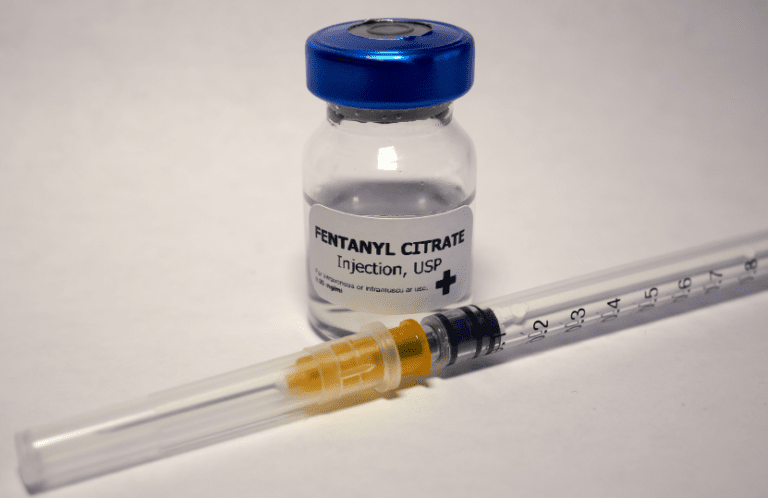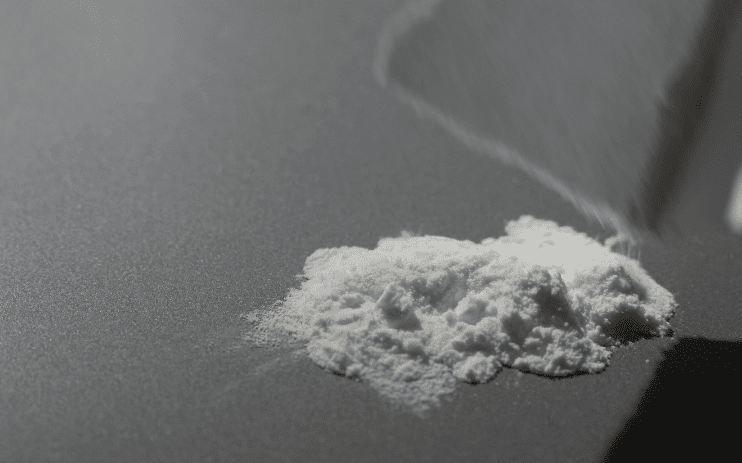Holistic Recovery Methods
Introduction
In the realm of addiction recovery, conventional methods often concentrate solely on addressing the physical and psychological aspects of addiction. However, for many individuals, achieving lasting sobriety necessitates a more comprehensive approach. Enter holistic addiction recovery methods, which offer a holistic framework that considers every aspect of an individual’s well-being. In this comprehensive exploration, understanding holistic recovery becomes paramount as we delve into the principles and practices of holistic recovery, examining how it can lead to profound transformation on the journey to sobriety.
Understanding Holistic Recovery
Holistic recovery acknowledges addiction’s pervasive impact across all facets of an individual’s existence. Embracing this comprehensive outlook empowers individuals to confront addiction’s underlying roots and pursue a holistic sense of well-being extending beyond mere substance abstinence. Integral to this methodology are therapy sessions delving into the emotional and psychological factors underpinning addiction. By prioritizing holistic recovery, individuals engage in a transformative journey addressing the multifaceted dimensions of their lives, fostering healing, and nurturing sustainable sobriety.
Mind-Body Connection
Holistic practices such as mindfulness meditation and yoga offer profound benefits by strengthening the intricate connection between the mind and body. These activities serve as potent tools for individuals navigating the complexities of addiction recovery, facilitating heightened self-awareness and resilience in the face of triggers and cravings. Through consistent engagement with mindfulness meditation and yoga, individuals cultivate a deeper understanding of their thoughts, emotions, and bodily sensations, fostering a greater sense of inner balance and stability. By learning to be fully present in the moment, individuals develop healthier coping mechanisms and responses to stressors, effectively reducing the likelihood of relapse and empowering themselves to navigate challenges with grace and resilience.

Nutritional Healing
Nutrition plays a crucial role in holistic recovery. Eating a diet rich in whole foods supports the body’s natural detoxification processes and enhances overall health, which is essential for long-term sobriety. Nutritional counseling and meal planning are often incorporated into holistic treatment programs to educate individuals about the importance of proper nutrition and provide them with the tools to make healthier food choices.
Holistic Therapies
In addition to traditional talk therapy, holistic recovery programs often incorporate alternative therapies such as art therapy, music therapy, and adventure therapy. These creative and experiential therapies provide individuals with alternative outlets for expression and healing. For example, art therapy allows individuals to explore their emotions and experiences through artistic expression, while adventure therapy involves the outdoors and connection. Understanding holistic recovery, is a crucial role in fostering profound transformations on the path to sobriety.

Spiritual Exploration
Many holistic recovery programs encourage individuals to explore their spirituality as a means of finding purpose and meaning in their lives. This may involve participating in religious or spiritual practices, engaging in meditation or prayer, or connecting with nature. Spiritual exploration can help individuals develop a sense of inner peace and fulfillment, reducing the desire to seek solace in addictive substances.
Community Support and Connection
Building a strong support network is crucial for successful recovery. Holistic recovery programs often emphasize the importance of community support and connection, providing opportunities for individuals to connect with others who are on a similar journey. Support groups, group therapy sessions, and community events can all provide valuable support and encouragement during the recovery process.

Self-Care Practices
Self-care is an essential component of holistic recovery, as it involves taking care of oneself on a physical, emotional, and spiritual level. This may include engaging in activities such as exercise, journaling, spending time in nature, and practicing mindfulness. By prioritizing self-care, individuals can reduce stress, improve their overall well-being, and reduce the risk of relapse.
Conclusion
In conclusion, understanding holistic recovery, holistic approaches to addiction recovery offer a comprehensive and integrated approach to healing that addresses the physical, psychological, emotional, and spiritual aspects of addiction. By embracing holistic recovery methods, individuals can achieve profound transformation and lasting sobriety. Whether through mindfulness practices, nutritional counseling, alternative therapies, spiritual exploration, community support, or self-care practices, holistic recovery programs provide individuals with the tools and resources they need to overcome addiction and reclaim their lives.
Connect With Us Now
Reach out to us now for immediate support, or let us know the best time to contact you through our confidential callback service. Your journey to healing is just a conversation away.









